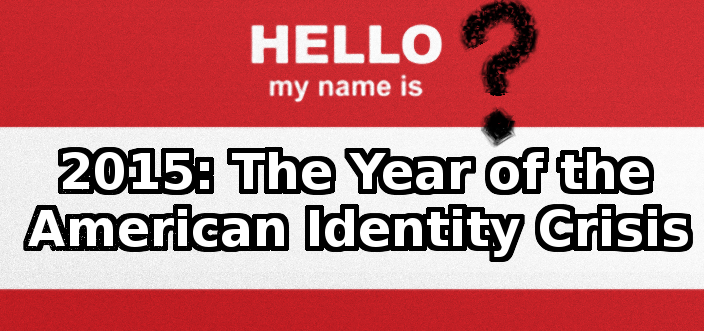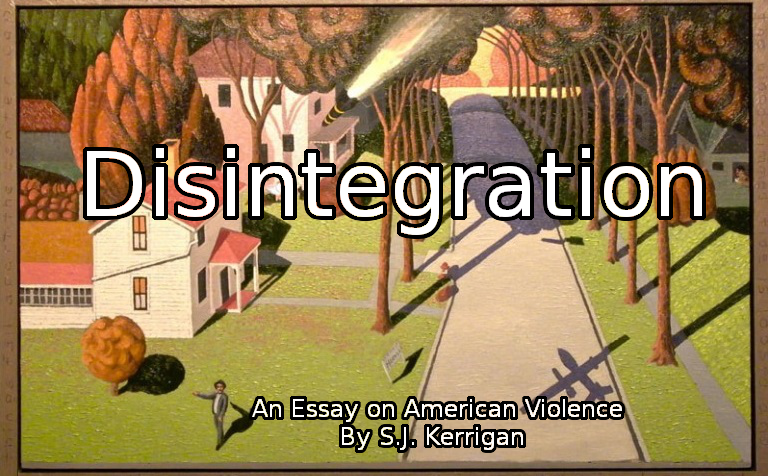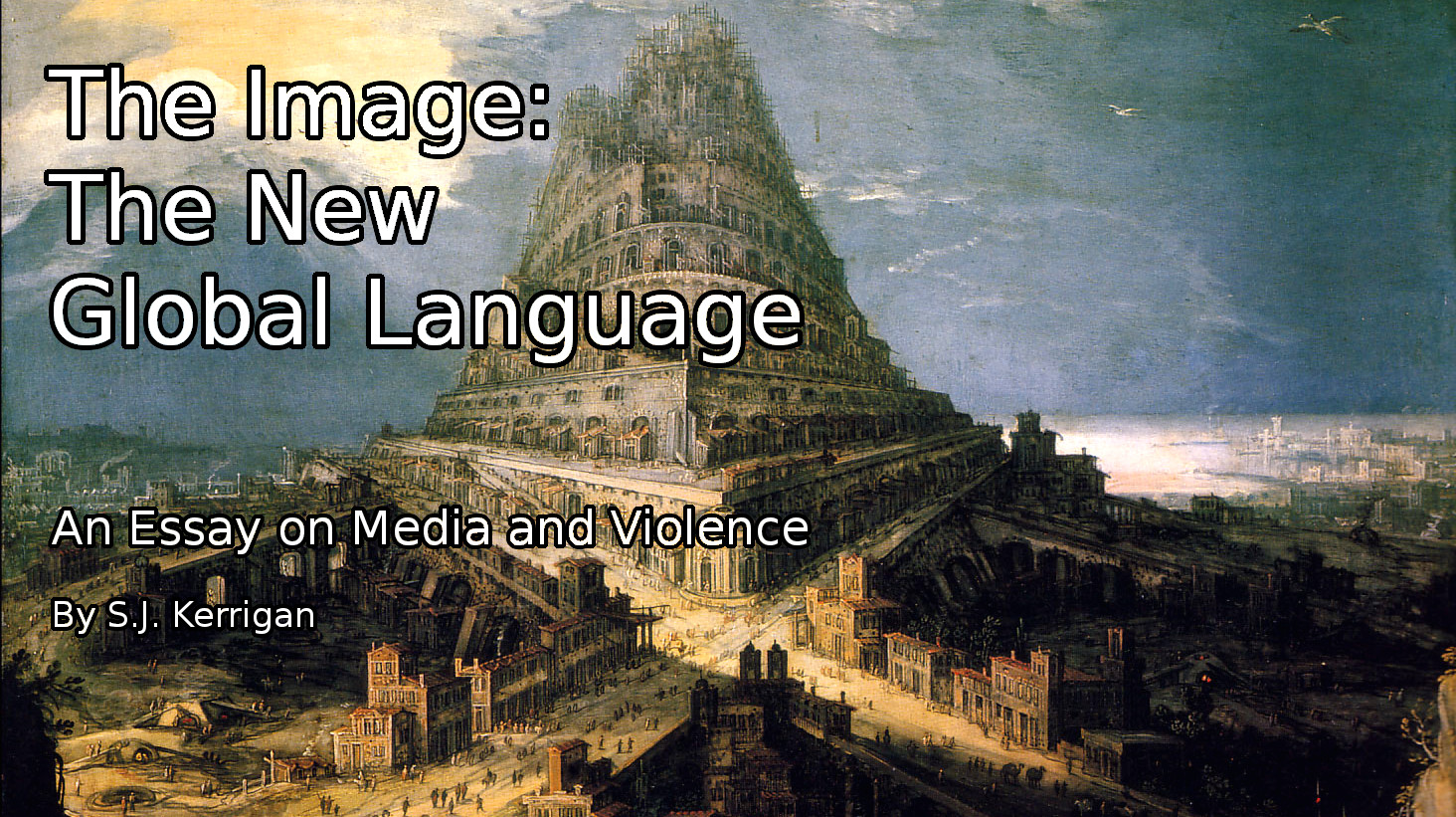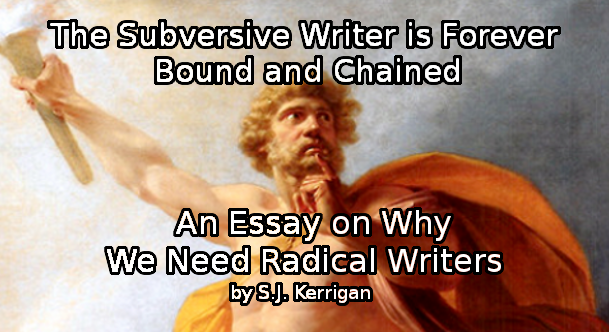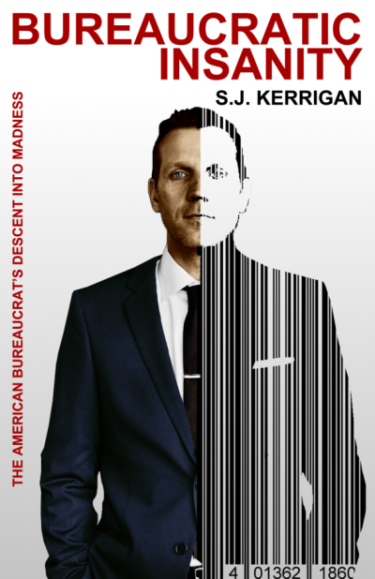 Thanks to my editor and publisher, you can now view two blog length excerpts from my new book, Bureaucratic Insanity: The American Bureaucrat’s Descent into Madness.
Thanks to my editor and publisher, you can now view two blog length excerpts from my new book, Bureaucratic Insanity: The American Bureaucrat’s Descent into Madness.
The first excerpt discusses the “master/slave” relationship that has become widespread in American schools and workplaces. I also talk about what that kind of pressure means for our psychological health. The second discusses comedian George Carlin, Sigmund Freud, disaster movies and our civilization’s unmistakable longing for death. Good stuff.
One last thing: If you haven’t seen it, you can watch my teaser trailer I made for the book here.
(Please note that these links go to my Amazon Associate page, and allow me to collect an additional commission from the sale at no cost to you.)




